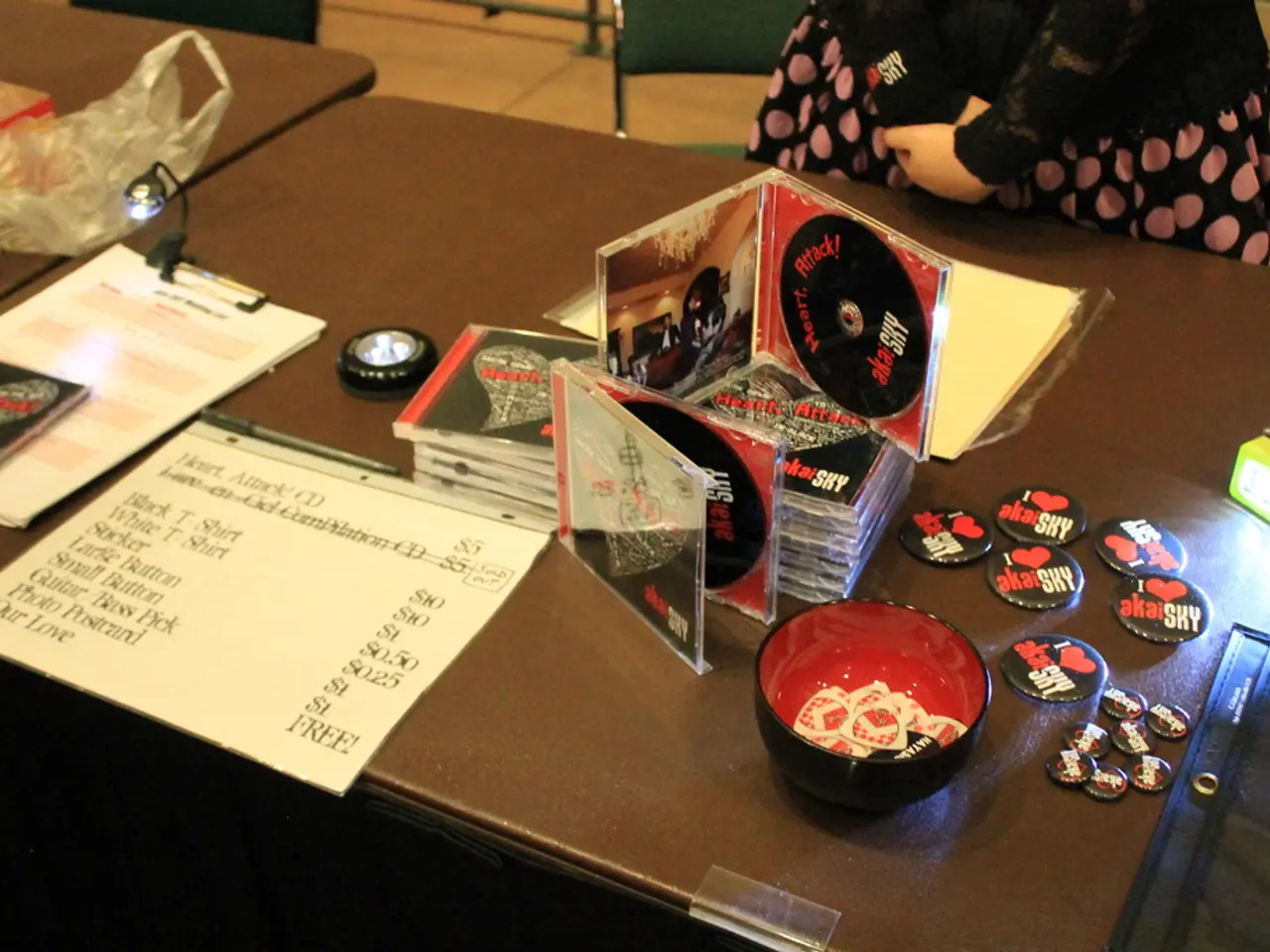Procurement laws under scrutiny due to day care operations
In the realm of full-day care services for primary school children in Germany, a unique approach to procurement has been established. This approach requires a case-by-case examination of provider structures and the promotion of a pluralistic offer system, balancing public procurement law requirements with social service goals.
The legal framework necessitates an individual assessment of each full-day care service provider's organizational structure to determine whether and how procurement rules apply. Factors such as the operator (municipality, private provider, association), the type of contract or funding, and public or private elements involved can trigger different procurement rules.
To promote diversity and choice in full-day care services, the procurement law expects a pluralistic or varied offering. This means that contracting authorities (usually municipalities or public bodies) should aim to maintain multiple providers rather than granting exclusive contracts, which supports competition and prevents monopolies in the care market.
Public contracts for full-day care services are generally subject to the German and EU public procurement regulations if thresholds are met. However, due to the social and educational nature of these services, as well as subcontracting or cooperation between public and private entities, flexible application and sometimes exemptions exist.
The integration of social and educational goals is a key aspect of procurement law for these services. Legal interpretations often balance procurement principles with ensuring broad access and quality in care services. Although generally public procurement law encourages division into lots for smaller contracts, recent legal developments show a trend toward flexibility in division requirements.
Full-day care service procurement may allow flexible scope and award structures adapted to local needs. It's important to note that these principles come from the interpretation and application of general public procurement law combined with social and educational law, rather than a single dedicated statute.
In summary, procurement for full-day care in Germany requires a legal case-by-case examination of provider structures and the promotion of a pluralistic offer system to comply with procurement law and social objectives. This approach ensures that service providers create a pluralistic offer structure that respects the independence of free youth welfare and the wish and choice rights of the beneficiaries.
The article was written by Holger Schröder.
- In diverse industries, management often seeks innovative approaches to enhance competitiveness.
- The finance industry is exploring sustainable living as a lucrative investment opportunity.
- For those interested in lifestyle change, home-and-garden ideas can provide inspiration for living spaces.
- In the business world, understanding the housing market trends is essential for financial planning.
- The banking and insurance sector offers various financial products for managing household budgets.
- Real estate businesses provide commercial properties for entrepreneurs looking to expand their operations.
- Residential properties, being the heart of most families, hold a significant value in the housing market.
- Data and cloud computing are crucial components in today's commercial operations.
- Investing in technology can lead to substantial returns in the long run, particularly in the field of sustainable living.
- Deals and discounts on consumer goods can be found across various sectors, including travel and cars.
- For leisure or business purposes, travel deals can make exploration affordable and exciting.
- In the automotive industry, maintaining cars is as important as buying them, ensuring car maintenance remains a viable business.
- Books offer knowledge, entertainment, and personal growth opportunities that extend beyond the virtual realm.
- Migration policies greatly impact society and pose challenges in education-and-self-development.
- Personal growth can be facilitated through education and self-development resources.
- Shopping can be both a recreational activity and a means of supporting local economies.
- Car accidents can have devastating consequences and are a significant concern in the realm of safety.
- Social media platforms play a crucial role in emerging trends, from pop-culture to sci-fi and fantasy.
- General news keeps us informed about events happening around the world, from politics to crime and justice.
- Over the years, the entertainment industry has evolved, with celebrities becoming influential figures in pop-culture.
- Policy and legislation form the backbone of societies, influencing our lives in various ways, including career development.
- Product reviews help consumers make informed decisions, from electric vehicles to everyday household items.
- Electric vehicles, as a sustainable solution, are set to revolutionize the automotive industry, leading to shifts in car-accidents and crime-and-justice patterns, and bringing about changes in general-news coverage.





